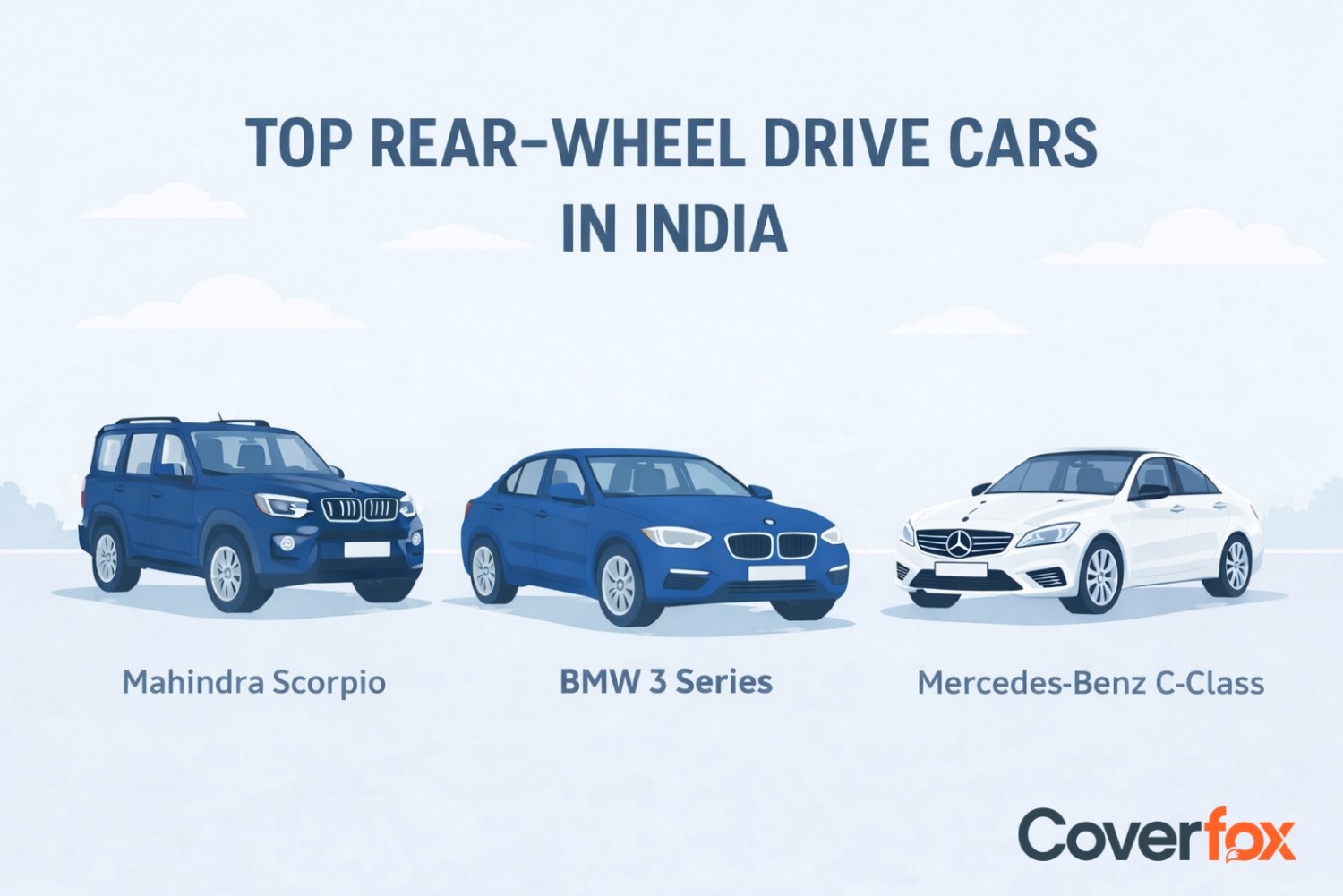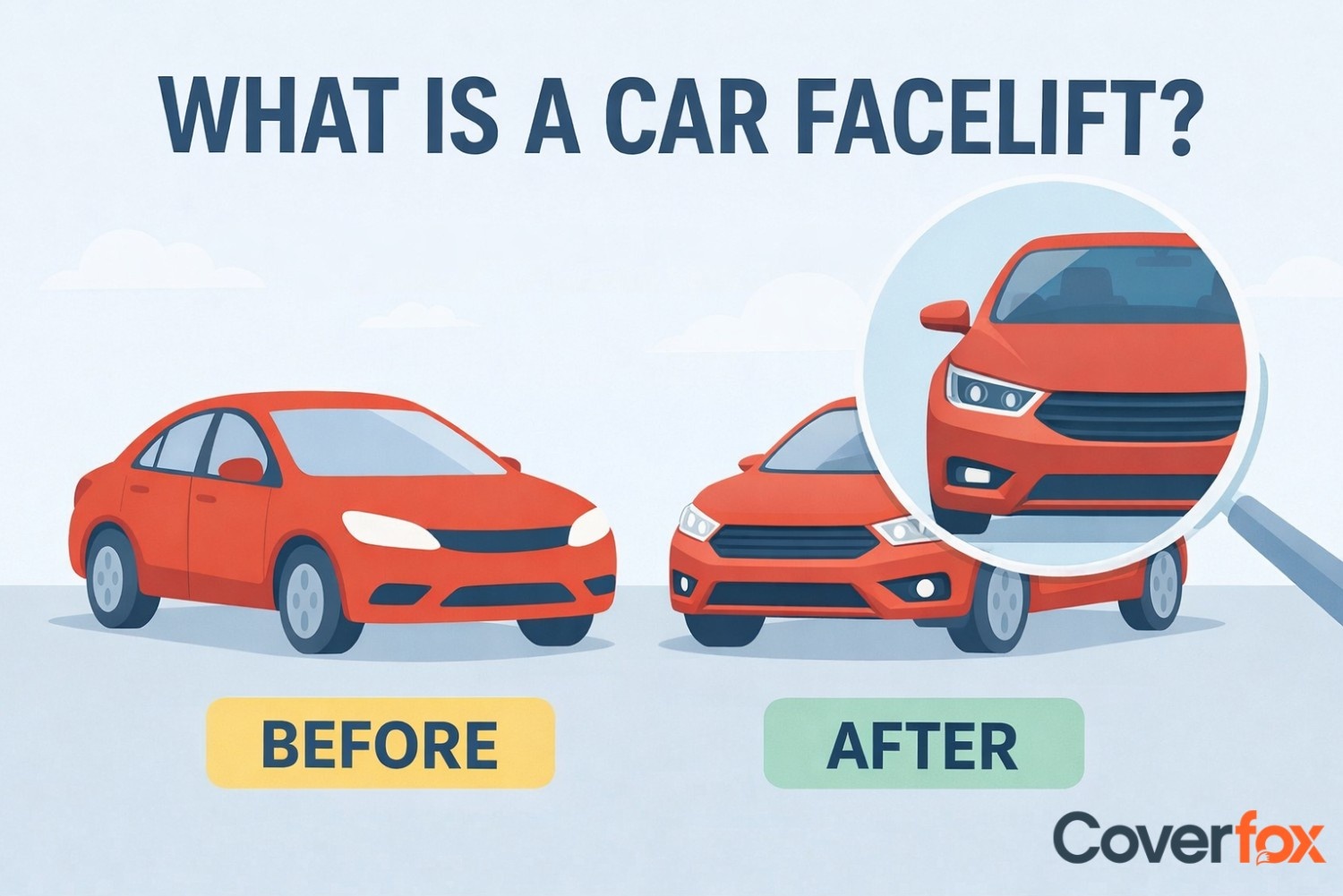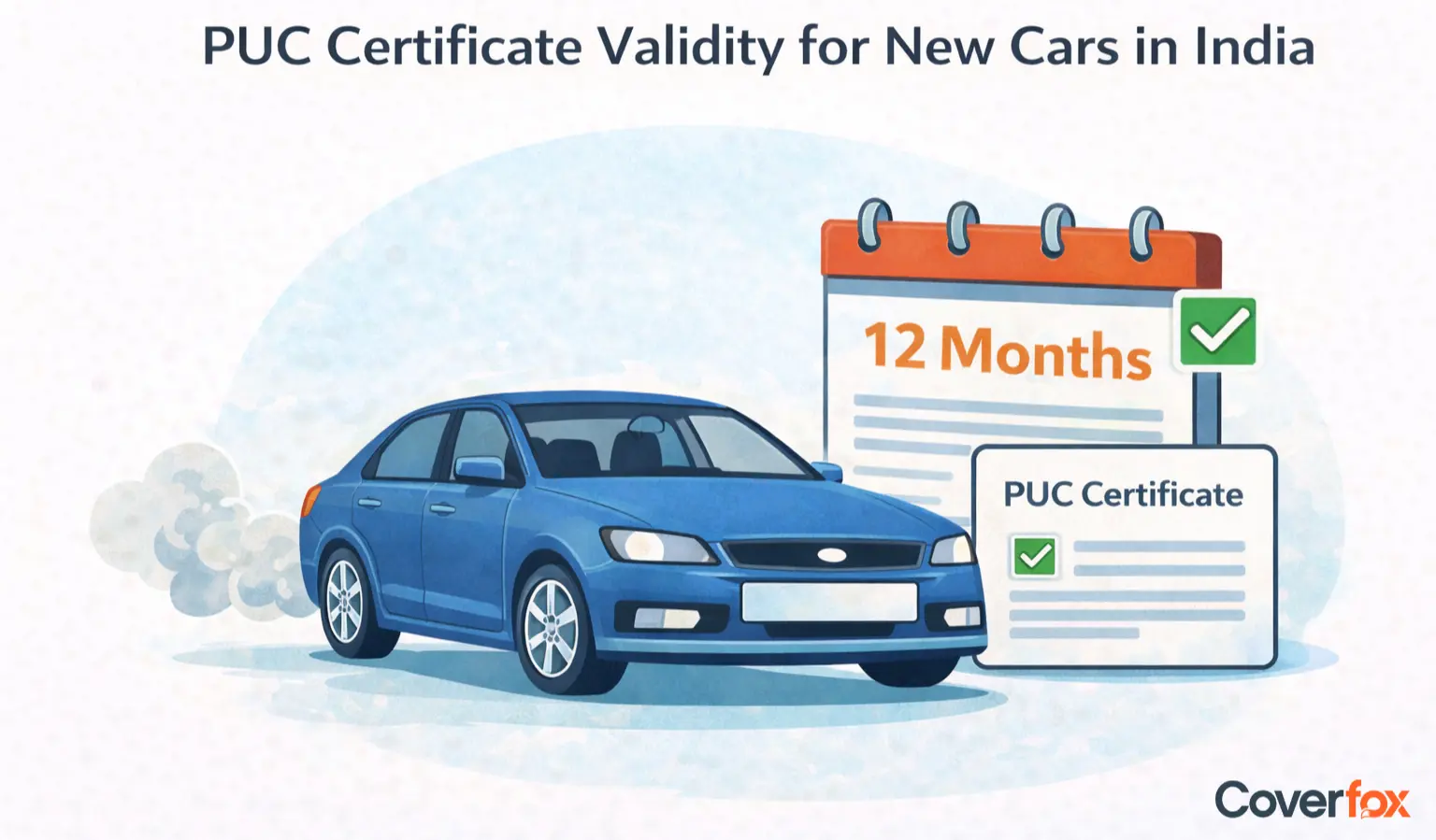Let’s imagine a situation where you go to buy a car and the dealer shows you multiple cars with various features and styles. And then he asks you ‘Would you prefer to buy an Electric Car or a Petrol Car?’ Will you be confused about what to choose?
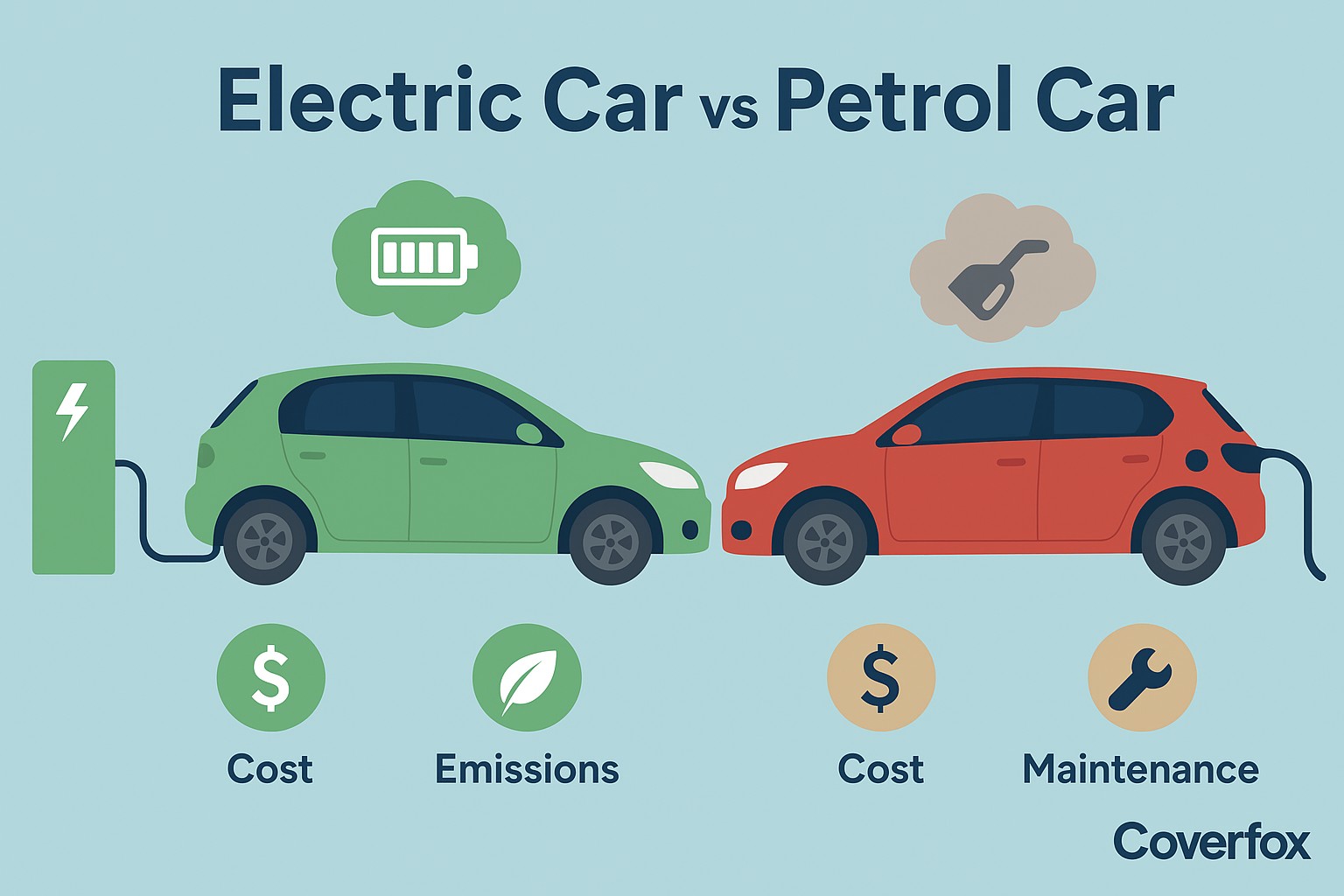
Petrol cars have always dominated private transport over the decades, as it has been our companion from daily drives to long road journeys with their familiar roar and widespread fuel availability. However, the rise of electric cars is reshaping reality as it offers a cleaner, quieter, and more efficient option. Car insurance costs can vary significantly between electric and petrol cars, and hence, it makes your choice important beyond the vehicle itself. This article highlights the core differences between these two driving powertrains.
What Is an Electric Car?
An electric car is a vehicle which runs only on electricity rather than petrol, diesel or CNG. These cars consist of electric rechargeable batteries that store electricity to turn the wheels and make the car move. Electric cars are environmentally friendly as they hardly emit harmful gases. As they work on electricity, they need to be plugged in and charged from an electric power source. Electric cars operate silently, are efficient and usually require less maintenance compared to traditional petrol-based cars.
What Is a Petrol Car?
A petrol car works on petrol (gasoline) and is the most basic source of fuel. Generally, petrol cars are not good for the environment as they emit harmful gases like carbon dioxide due to internal combustion, which burns petrol to move the vehicle. Petrol is widely available everywhere, and hence petrol cars have been used for over a century. However, they pollute the air in large amounts, which leads to global warming. Despite this, petrol cars remain popular due to their availability, long driving range, and well-established infrastructure.
Comparison of an Electric Car and a Petrol Car
Here is a comparison between electric cars and petrol cars, to help you make an informed decision:
| Parameters | Electric Cars | Petrol Cars |
|---|---|---|
| Fuel Source | Runs on electricity stored in batteries | Runs on petrol (gasoline) |
| Environmental Impact | Zero tailpipe emissions, eco-friendly | Emits CO₂ and other pollutants |
| Running Cost | Lower running costs due to cheaper electricity | Higher running costs due to fuel prices |
| Maintenance | Fewer moving parts, low maintenance | Requires regular servicing |
| Performance | Instant torque, smooth and silent drive | Engine noise, gradual acceleration |
| Refueling Time | Takes longer to charge | Quick to refuel at petrol stations |
Pros and Cons of Electric Cars
Gradually, electric cars are becoming popular due to their eco-friendliness and low costs. Yet, they come with some pros and cons which buyers should consider before buying.
Pros of Electric Cars
Eco-Friendly
Lower Running Costs
Low Maintenance
Quiet and Smooth Drive
Government Incentives
As electric cars run on electricity, they hardly produce any emissions. Hence, they are environmentally friendly and don’t raise pollution.
Looking at the costing, charging a car is much cheaper than refuelling it with petrol or diesel.
Electric cars generally have fewer parts than petrol cars and hence require fewer repairs. Services like oil change, repairing a complex engine, etc, are not required, and hence electric cars are low maintenance.
Electric cars are smooth and comfortable, giving you a quiet and speedy pick up as they don't have noisy engines or complex gear systems.
Electric car buyers usually get the benefit from Government subsidies like lower registration fees, tax rebates, etc. Some of them are PLI, SPMEPCI, and ACC. These help them lower the overall cost of the car.
Cons of Electric Cars
Limited Range
Charging Infrastructure
Long Charging Time
Higher Upfront Cost
Battery Degradation
Electric cars generally require frequent charging for longer trips and have a limited battery range.
You cannot find public charging stations everywhere as they are limited, and hence, it affects the convenience of electric cars.
Refuelling a petrol car is comparatively easy, as electric cars take a longer time to charge fully.
Electric cars’ batteries are more expensive than a petrol tank for petrol cars. Hence, it affects the cost of the overall car.
For electric cars, their battery capacity reduces over time, which can affect the range and performance.
Pros and Cons of Petrol Cars
No doubt, petrol cars are usually the choice for everyone as they are available all over the world and are easy to use. But they have their limitations and strengths.
Pros of Petrol Cars
Lower Initial Cost
Quick Refueling
Widespread Availability
Proven Technology
Compared to electric cars, petrol cars are cheaper to buy and more budget-friendly if you're buying a car for the first time.
The whole process of refuelling a petrol car can be done in minutes; no need to wait hours for your vehicle to be refuelled.
Petrol stations are easily accessible all over the city and even in rural areas, so it makes our journey smooth without long interruptions.
As petrol engines have refined over the years, it has become easy to depend on them and provide fast services.
Cons of Petrol Cars
Higher Running Costs
More Maintenance
Environmental Impact
Dependence on Fossil Fuels
As the prices for fuel are generally high, it becomes expensive over time to drive a petrol car.
The engines in petrol cars usually require filter and oil changes, regular servicing and cleaning. Hence, proper maintenance is always needed.
Petrol is a fuel which emits harmful gases when ignited, and so they are dangerous for our health and also to the environment, which leads to air pollution.
Petrol is one of the non-renewable resources, which is limited in the environment. As petrol cars rely on it, they lead to environmental damage.
Which One Should You Choose - Electric Car or Petrol Car?
Before selecting any option, think about various criteria like budget, needs, etc. If you want to go for long-distance travel, accessible, or easier refuelling, you can opt for a petrol car as it’ll fulfil your needs perfectly. But if you’re hunting for an easier pickup, less maintenance, fuel saving, or a cost-effective option, an electric car is ideal. So, before making any decisions on buying a car, consider your factors and then make a choice.
Insurance For an Electric Car and a Petrol Car - Which Has Higher Premium?
Insurance for electric as well as petrol cars differs as they vary in terms of technology, repair cost, risks, etc. Electric vehicles usually have higher premiums as they consist of costly batteries and need special repairs, while petrol cars often benefit from wider availability of service and require low maintenance costs. Both electric cars and petrol cars need third party insurance.
Insurance for an Electric Car
Electric car insurance is made to cover the unique risks, such as expensive battery repairs and specialised servicing. It makes sure that you are financially safe against accidents, damages, and third-party liabilities.
Premiums
Coverage
Repairs
Risk Factors
Government Benefits
Resale & IDV
Electric car insurance premiums are generally high due to high-cost battery components and limited repair facilities.
It includes own-damage, third-party, comprehensive plans, plus add-ons like battery protection or roadside assistance.
It requires specialised workshops that make repairs costlier compared to petrol cars.
It covers risks like battery damage, short-circuit, and fire hazards to keep you economically safe.
Some insurers provide discounts or incentives on EV insurance to encourage adoption.
Insured Declared Value (IDV) can vary widely because of evolving EV technology.
Insurance for a Petrol Car
Petrol car insurance provides financial protection against risks like accidents, damage, theft, and third-party liabilities. It is widely available and generally more affordable due to the mature market and repair accessibility.
Premiums
Coverage
Repairs
Risk Factors
Resale & IDV
Flexibility
It is usually low compared to EVs, as repair and replacement costs for petrol cars are cheaper.
It includes third-party, own-damage, and comprehensive plans with optional add-ons like zero depreciation or roadside assistance.
It is easily available with widespread service centres and affordable spare parts.
It covers risks such as accidents, fire, and fuel leakage and protects you financially.
Value depreciation is steady and predictable, making IDV calculation simpler.
A wide range of insurers and customizable policies due to higher demand.
Conclusion
To summarise, each of them, the electric car and the petrol car, provides you with unique strengths according to your needs. Petrol cars are more budget-friendly, easy to drive, easy to refuel and better for long journeys. On the other hand, electric cars come with benefits like quick pickup, being environmentally friendly, less maintenance, saving fuel costs, and being perfect for city driving. Hence, you can make the right choice, balancing your priorities and lifestyle according to what each car offers to you.
Also Read:
Frequently Asked Questions
Difference between an electric car & a petrol car in terms of fuel source?
Petrol cars have engines which use gasoline as fuel, and electric cars run on electricity stored in batteries.
How does the performance of an electric car vary compared to a petrol car?
Electric cars offer smooth acceleration and easy and quicker pickup than petrol cars.
Is an electric car more cost-effective than a petrol car over time?
Yes, electric cars are usually cost-effective as they have less maintenance and cheaper refuelling.
What are the environmental benefits of choosing an electric over a petrol car?
Electric cars hardly produce any emissions, which reduces air pollution and toxic gases.
Are electric cars cheaper to maintain compared to petrol cars?
Yes, electric cars generally have low maintenance costs as they have fewer moving parts.
How long to charge an EV at home vs. refuel a petrol car?
Charging an electric car at home can take a few hours, while refueling a petrol car barely takes a few minutes.
What are the up-front costs of an electric car compared to a petrol car?
Electric cars usually cost more up-front than petrol cars.
Can I install a home EV charger, and how much is it?
Yes, you can install a home charger, and it typically costs between ₹10,000 to ₹50,000.
What are the fuel savings of an EV vs. petrol?
Electric cars are cheaper in terms of fuel as electricity costs less than petrol per kilometre.
How do petrol vs. EV emissions impact the environment?
Petrol cars emit greenhouse gases that cause pollution; however, electric cars have no direct emissions.
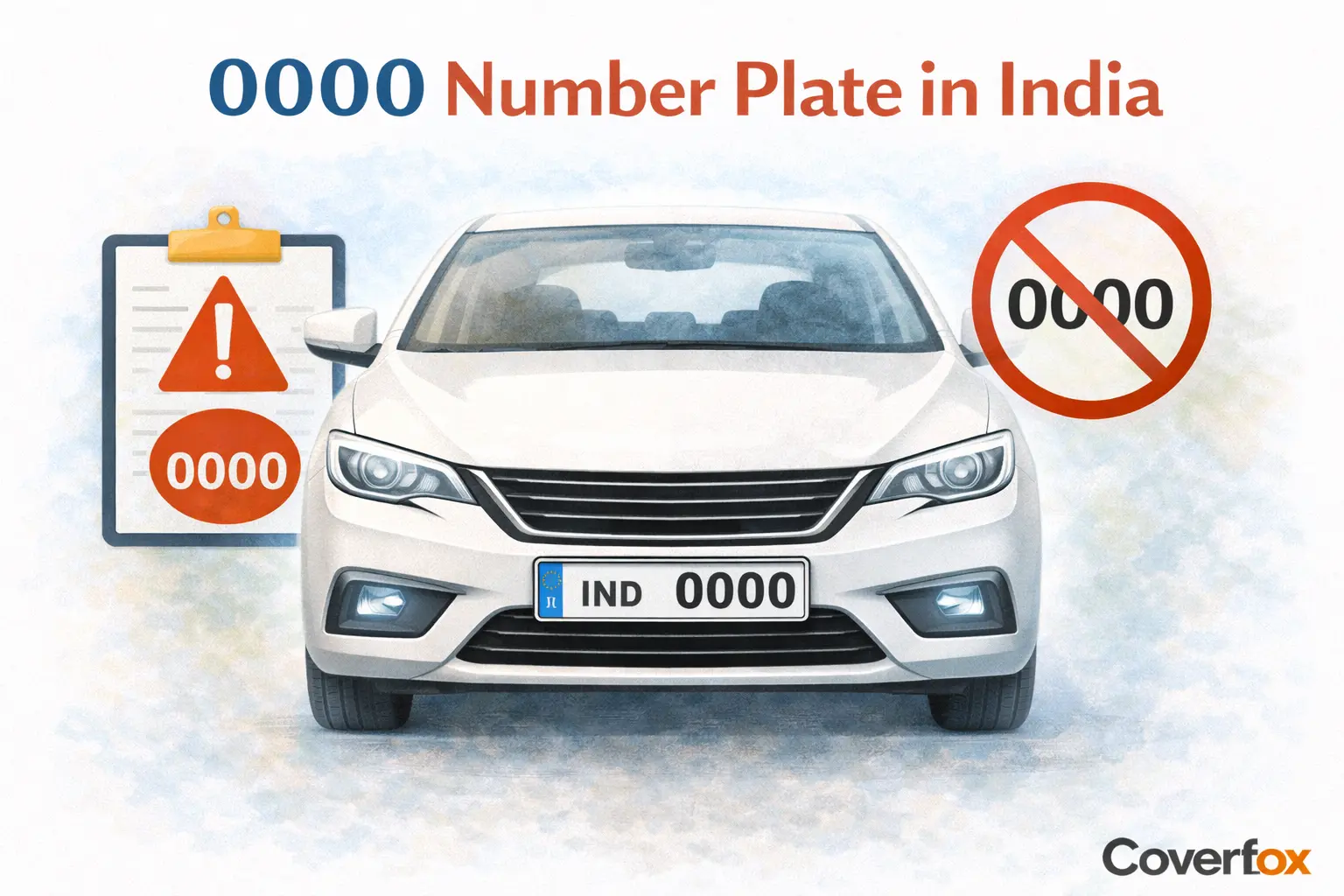

 in Cars.webp)
